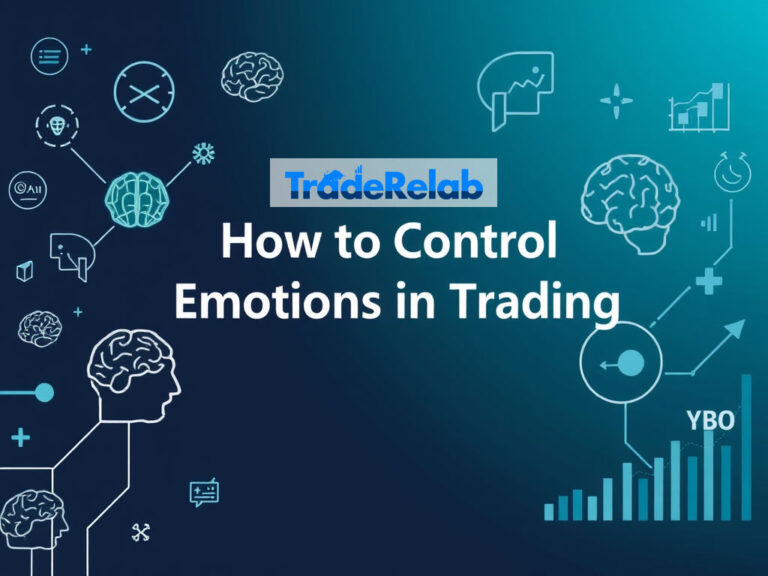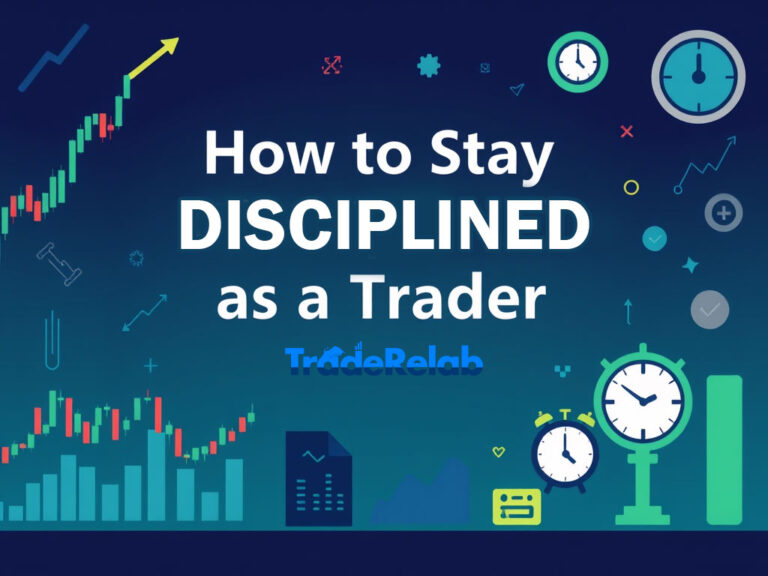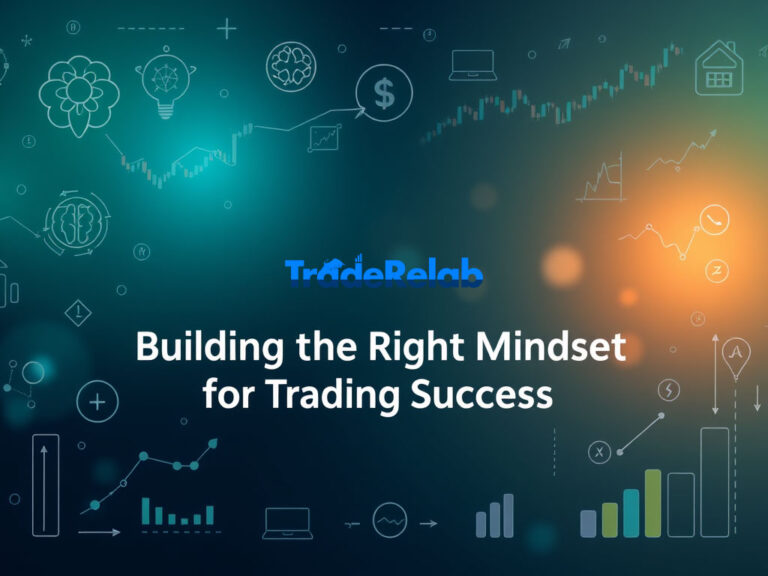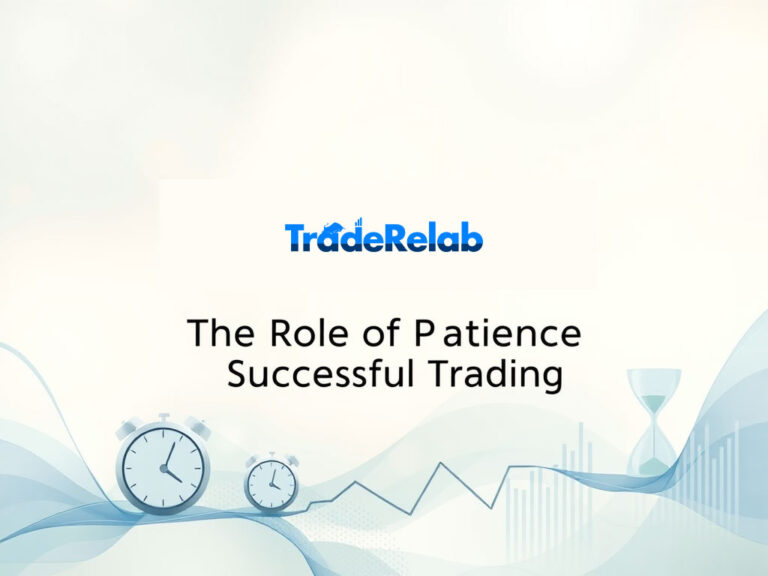The Impact of Fear and Greed on Trading Decisions

In the world of financial markets, emotions like fear and greed can significantly influence the decision-making process. These emotions are powerful forces that can cause traders to make impulsive, irrational, or erratic choices, leading to both positive and negative outcomes. Understanding the psychological impact of fear and greed is essential for anyone involved in trading. In this article, we’ll explore how fear and greed affect trading decisions, how to manage these emotions, and how to trade with a clear, disciplined mindset.
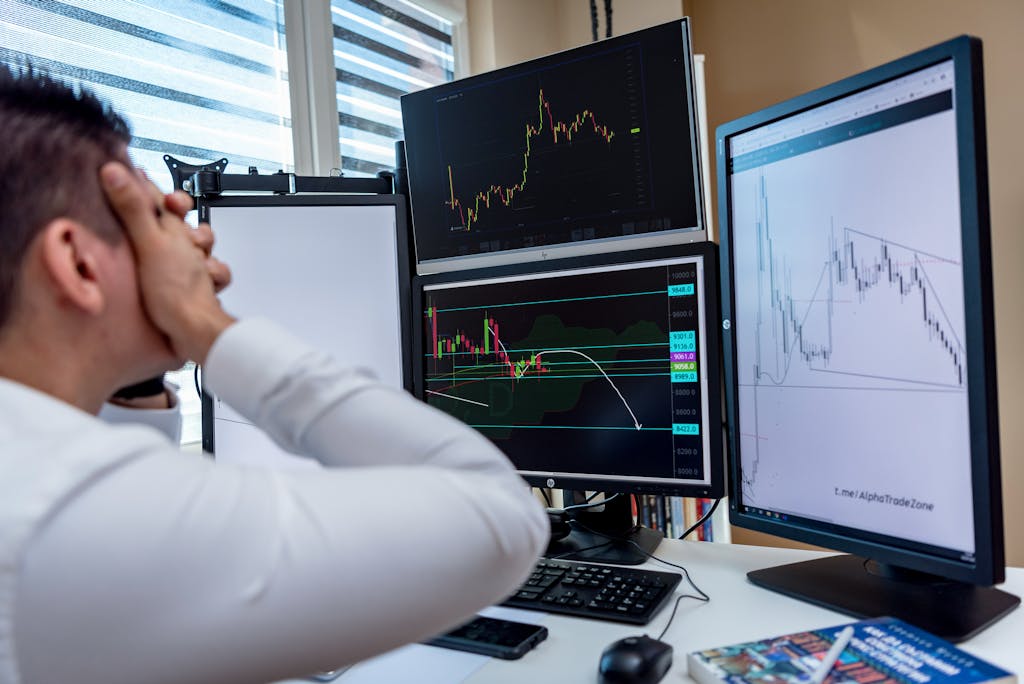
Understanding Fear and Greed in Trading
Fear and greed are often seen as two of the most significant psychological barriers that traders face. These emotions can cloud judgment, drive traders to act irrationally, and cause them to abandon their strategies. Let’s take a closer look at both emotions and their role in trading.
1. Fear in Trading
Fear is one of the most common emotions experienced by traders, particularly in volatile or uncertain market conditions. The fear of losing money can lead to hesitation, second-guessing, or an overly cautious approach. In extreme cases, fear can cause traders to exit a trade prematurely or avoid taking risks altogether, even when the setup is favorable.
Some common forms of fear in trading include:
- Fear of Losing: This is perhaps the most prominent form of fear. Traders may panic after a small loss and close positions too early to avoid further risk, potentially missing out on future gains.
- Fear of Missing Out (FOMO): This type of fear occurs when traders worry they will miss a profitable trade. It can lead to chasing the market, entering trades impulsively, and ignoring proper risk management practices.
- Fear of Being Wrong: This fear often stems from ego and the need to be “right” in every trade. Traders who fear being wrong might stubbornly hold on to losing positions, hoping the market will turn in their favor, which can result in even larger losses.
Fear can be paralyzing and, if left unchecked, it may prevent traders from taking the actions necessary for long-term success.
2. Greed in Trading
Greed, on the other hand, is the opposite emotion of fear and often leads to overly risky or reckless behavior. Greedy traders are often driven by the desire for quick, substantial profits. While having the ambition to earn money is natural, unchecked greed can result in excessive risk-taking and poor decision-making.
Common forms of greed in trading include:
- Overleveraging: Greedy traders may use excessive leverage in an attempt to amplify their returns. While leverage can result in high profits, it can also magnify losses and lead to significant financial damage if not managed properly.
- Chasing the Market: Greed can drive traders to chase trends, entering positions impulsively to capitalize on perceived opportunities. This behavior often results in buying at market tops or selling at bottoms, leading to poor entry points and eventual losses.
- Overtrading: Greedy traders may feel the need to constantly trade, believing that every moment in the market presents an opportunity. Overtrading can lead to exhaustion, increased transaction costs, and more frequent mistakes.
Greed tends to push traders to take on more risk than they are comfortable with, often without considering the consequences.

How Fear and Greed Affect Trading Decisions
Both fear and greed impact decision-making in different ways. Understanding how these emotions influence trading can help traders take steps to manage them and avoid making costly mistakes.
1. Fear of Loss vs. Desire for Profit
Fear often leads traders to act defensively. In the face of uncertainty or losses, traders may close positions too early, exit with small profits, or avoid taking trades altogether. This can be especially harmful when the trader is following a profitable strategy or when the market is poised for a rebound. Fear can limit potential profits and cause a trader to miss out on opportunities.
On the flip side, greed pushes traders to focus on maximizing profits. The desire for larger returns often leads to overly risky decisions, like holding on to a position for too long in anticipation of further gains. This can cause traders to lose sight of their original plan and end up with significant losses when the market turns against them.
2. Emotional Decision Making
When traders act based on fear or greed, they often make decisions based on emotions rather than logic and strategy. This emotional decision-making can create a cycle of erratic trading behavior. Fear may lead to hesitation and missed opportunities, while greed leads to chasing trades and risking too much capital. Over time, this cycle can result in inconsistent performance and frustration.
In both cases, emotions can override careful planning and risk management. A trader who constantly reacts to fear or greed is less likely to follow their trading plan, which often leads to undesirable results.
3. Risk Management Disregard
One of the most dangerous consequences of fear and greed is a disregard for proper risk management. Fear may cause traders to set overly tight stop-loss orders, resulting in premature exits and missed opportunities. On the other hand, greed might cause traders to ignore stop-loss levels or risk too much capital on a single trade, hoping for a big win.
Effective risk management, such as setting appropriate stop-loss levels and position sizes, can help mitigate the impact of fear and greed. Without risk management, traders are at the mercy of these emotions, which can lead to significant losses.
How to Manage Fear and Greed in Trading
Managing fear and greed is crucial for maintaining a disciplined and effective trading mindset. Here are some strategies to help manage these emotions:
1. Develop a Trading Plan
A solid trading plan is one of the best ways to control fear and greed. A well-thought-out plan includes clear entry and exit rules, risk management strategies, and realistic profit targets. By sticking to the plan, traders can avoid making impulsive decisions based on emotions.
Having a set plan gives traders confidence and a sense of control over their trades, reducing the likelihood of reacting emotionally to market fluctuations.
2. Implement Proper Risk Management
One of the best ways to manage fear is through proper risk management. Setting stop-loss orders, diversifying your portfolio, and using appropriate position sizes can help protect your capital and reduce the emotional stress that comes with large losses.
By knowing your risk tolerance and sticking to it, you can trade with confidence and avoid making irrational decisions driven by fear or greed.
3. Maintain a Long-Term Perspective
Trading with a long-term perspective helps to reduce the impact of fear and greed. Rather than focusing on short-term gains or losses, successful traders keep their eyes on the bigger picture. This mindset helps to alleviate the pressure of trying to profit from every market movement and allows traders to stay calm in the face of volatility.
Focusing on long-term goals helps traders remain disciplined, reduce emotional reactions to short-term fluctuations, and build consistency over time.
4. Stay Detached from Individual Trades
A successful trader doesn’t view each trade as a personal victory or failure. By detaching from individual trades, traders can avoid the emotional highs of winning and the emotional lows of losing. This helps prevent emotional decision-making and promotes a more rational approach to trading.
It’s important to view each trade as part of the overall strategy, rather than an isolated event. This perspective allows traders to focus on improving their process and not on outcomes driven by emotion.
5. Practice Mindfulness and Emotional Control
Mindfulness practices, such as meditation and deep breathing, can help traders become more aware of their emotional state and develop better emotional control. By practicing mindfulness, traders can recognize when they are being driven by fear or greed and take a step back to regain clarity and focus.
Emotional control techniques can help reduce impulsive decisions and keep traders grounded in their strategy.
Conclusion
Fear and greed are powerful emotions that can heavily influence trading decisions. While fear can cause hesitation and missed opportunities, greed can lead to overconfidence and reckless risk-taking. The key to successful trading is managing these emotions effectively through discipline, risk management, and a clear, rational mindset. By developing a well-structured trading plan, practicing emotional control, and staying focused on long-term goals, traders can navigate the markets with confidence and avoid the detrimental effects of fear and greed.
FAQ:
1. How can I reduce the fear of losing in trading?
You can reduce the fear of losing by having a well-defined trading plan, setting realistic risk-reward ratios, and focusing on long-term goals rather than short-term fluctuations.
2. What can I do to manage greed in trading?
To manage greed, stick to your trading plan and set clear profit-taking levels. Avoid overleveraging and refrain from chasing the market or overtrading.
3. How does fear affect trading performance?
Fear can cause traders to hesitate, close positions too early, or avoid taking trades altogether. It can lead to missed opportunities and result in inconsistent performance.
4. How can I stay calm during volatile market conditions?
Stay calm by practicing mindfulness techniques, following your trading plan, and maintaining a long-term perspective. Avoid reacting impulsively to market movements.
5. Is risk management important in controlling emotions?
Yes, proper risk management is essential for controlling emotions. It helps protect your capital and gives you confidence in your trades, reducing emotional stress.

